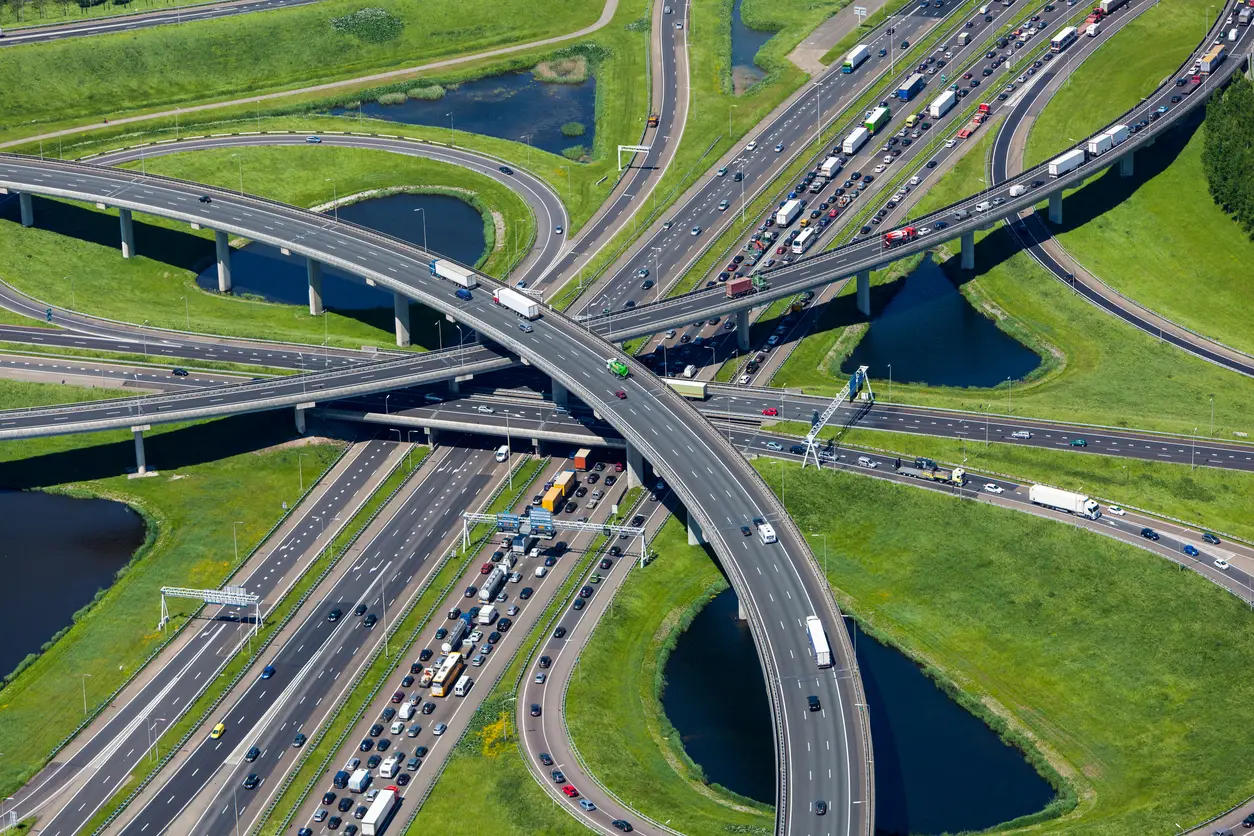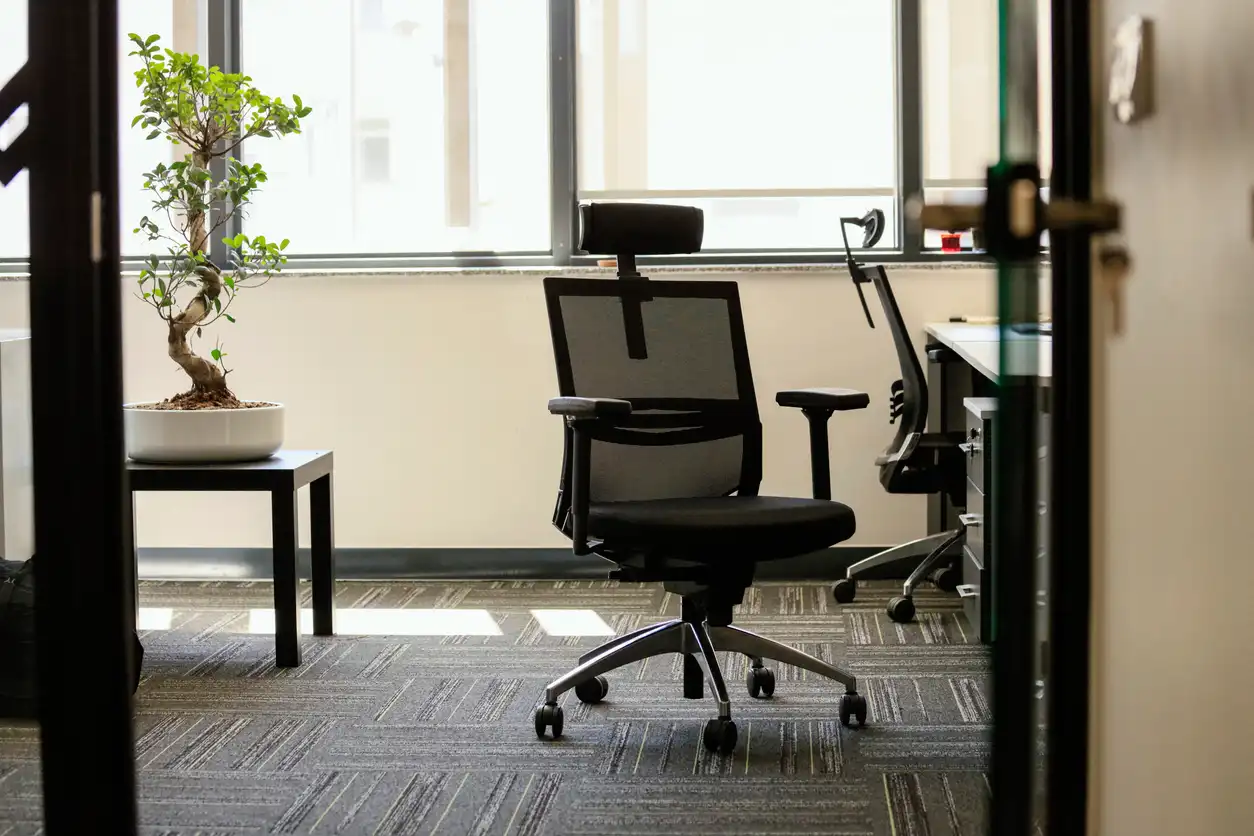As a self-employed person, you make business mileage or travel expenses by public transport, taxi or even plane. But what can and cannot you deduct from tax? In this article, we explain which business travel expenses you can deduct - from train tickets to the well-known mileage allowance.
What are business travel costs?
Business travel expenses are all costs you incur to travel for your business. Think of train and bus tickets, taxi rides, parking costs as well as business kilometres with a private car. Some costs are fully deductible, others only partially.
Travel costs by public transport or taxi
If you travel by public transport or taxi for business purposes, you can deduct these costs in full from your profit. Make sure you have an invoice or bank statement as proof. You can find a statement of expenses of your trips from the public transport provider (such as NS or OVpay) or the taxi service you used.
Travel expenses by private car (kilometre allowance)
If you use your private car for business trips, you may deduct €0.23 per kilometre from your profit in 2025. This applies, for example, to trips to customers, suppliers, meetings or networking events.
Commuting is also deductible if you travel to a workspace you rent for your business. Do you use your own home as a workplace? Then trips to customers or external locations are also business trips.
Note that costs such as fuel, insurance and maintenance are not deductible with a private car.
Keep good mileage records, including at least:
- Date and time of your ride
- Start and end point
- Number of kilometres driven
- The purpose of your ride
Want to know more about mileage allowances and how exactly to apply them? Then read our detailed article: Mileage allowance for self-employed workers in 2025.
Travel expenses with company car
When your car is in your company's name, different rules apply than for a private car:
- You can deduct all costs such as fuel, maintenance, insurance and depreciation.
- Do you also use the car privately? Then you have to make a correction for private use. If you drive more than 500 kilometres per year privately, you will be subject to an additional taxable benefit: an amount you have to add to your profit, on which you pay tax.
Passing on travel costs to client
Sometimes you can pass on travel costs to your client. This can be done in two ways:
- As a separate charge on your invoice. For example, you charge €0.23 per kilometre or the cost of a train ticket.
- It is included in your hourly rate. You increase your rate to compensate for travel costs.
It is wise to make clear agreements with your client about the reimbursement of travel expenses. This way, you avoid misunderstandings and know exactly where you stand.
Conclusion
As a self-employed person, you can save a lot of tax by keeping good records and deducting business travel expenses, from train tickets to car kilometres. Keep clear records and know which rules apply to your situation, so you don't miss out on any benefits.
Frequently Asked Questions
Can I deduct travel expenses if I travel by bike or scooter?
Yes, business trips on a private bike or scooter can be deducted at €0.23 per kilometer.
Can I deduct parking costs?
Yes, parking fees for business appointments are deductible. Fines are not.
Are foreign travel expenses deductible?
Yes, provided the travel is business, of course. Air tickets, taxis and hotel stays are deductible.





